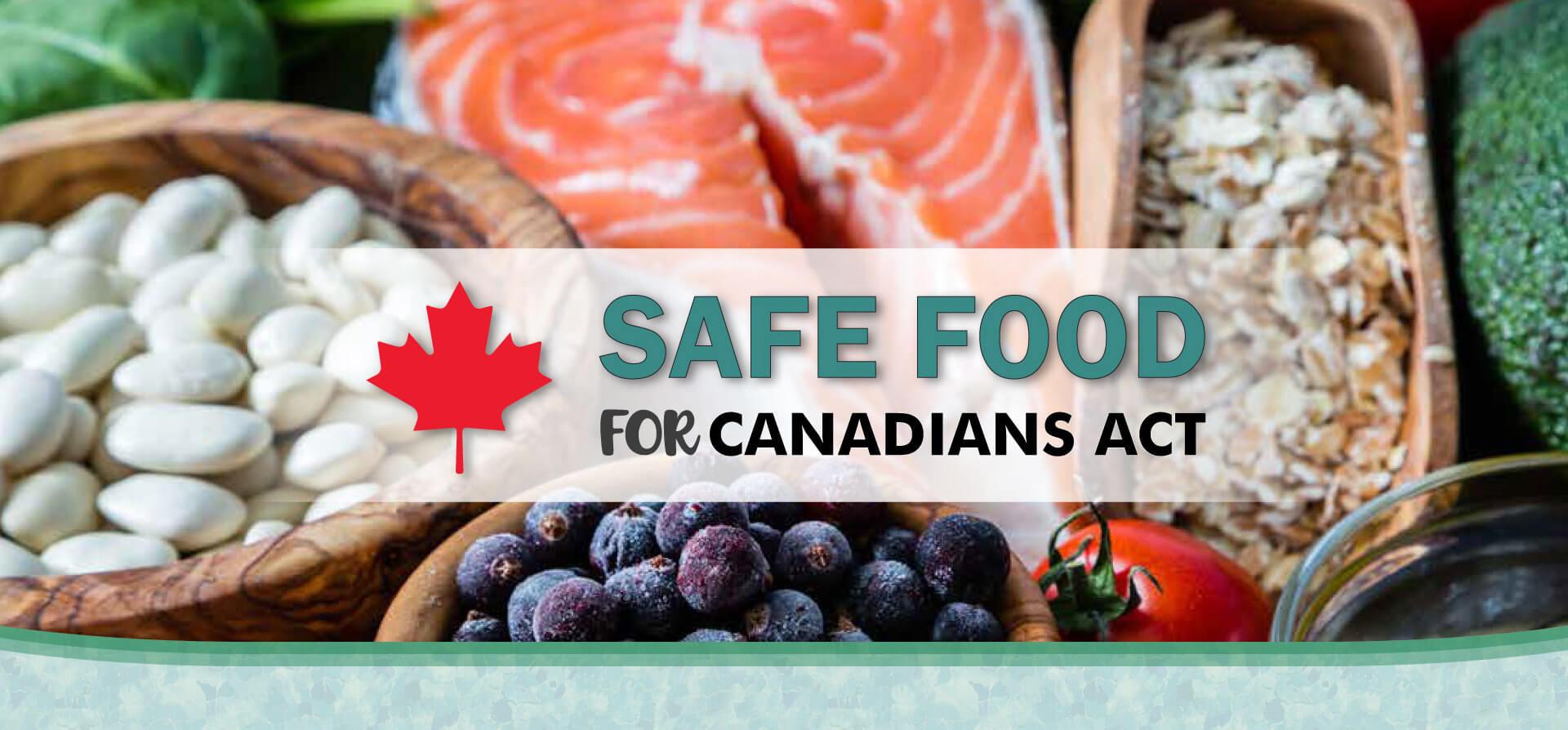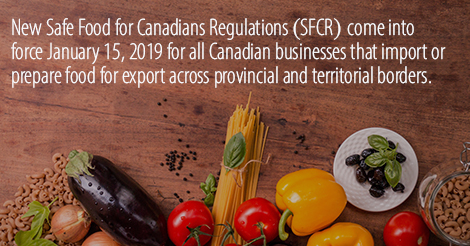Canadian exporters dealing with food products must comply primarily with the Safe Food for Canadians Act (SFCA) and its Regulations (SFCR), which align with international food safety standards and facilitate export by ensuring products meet both Canadian and foreign market requirements. The FDA (U.S. Food and Drug Administration) requirements apply when exporting to the U.S., including compliance with the U.S. Food Traceability Rule (FSMA 204), while the CPSC (Consumer Product Safety Commission) and EPA (Environmental Protection Agency) regulations are relevant for non-food consumer goods and environmental compliance, respectively, depending on the product category.
Key points for Canadian exporters regarding FDA, CPSC, and EPA regulations include:
-
FDA Compliance: For food exports to the U.S., Canadian exporters must obtain a Food Export Certification from the CFIA, ensure traceability under FSMA 204, and meet U.S. labeling, safety, and quality standards. The FDA recognizes Canada's food safety system as comparable, which can reduce redundant inspections but does not exempt exporters from U.S. requirements.
-
CPSC Regulations: These apply mainly to consumer products (non-food) exported to the U.S. Canadian exporters must ensure products meet U.S. safety standards, including labeling, testing, and certification requirements to avoid recalls or import refusals. While not detailed in the search results, compliance with CPSC is critical for products like toys, electronics, and household goods.
-
EPA Regulations: Relevant for products involving chemicals, pesticides, or environmental impact. Exporters must comply with EPA rules on chemical safety, emissions, and waste management if applicable. This includes adherence to U.S. environmental standards for products or packaging materials.
-
Canadian Regulatory Framework: The CFIA enforces SFCA/SFCR for food exports, focusing on risk-based verification, certification, and compliance with both Canadian and foreign requirements. Exporters must provide accurate documentation, labeling, and ensure products meet importing country standards.
-
Labeling and Documentation: SFCR mandates clear labeling (common name, ingredients, allergens, net quantity, manufacturer info, country of origin) and documentation supporting safety and quality. Exporters must also adapt to foreign country-specific requirements, which may exceed Canadian standards.
-
Harmonization and Mutual Recognition: The Canada-U.S. Food Safety Systems Recognition Arrangement (FSSRA) facilitates smoother cross-border trade by harmonizing preventive controls and inspection protocols, reducing audit fatigue, and accelerating licensing, but does not replace compliance with specific regulations.
In summary, Canadian exporters must navigate a complex regulatory landscape involving SFCA/SFCR for domestic oversight, FDA rules for U.S. food imports (including FSMA 204 traceability), and CPSC/EPA regulations for non-food and environmental compliance when exporting to the U.S. Coordination with CFIA, importers, and foreign authorities is essential to ensure full compliance and market access.




















Maple Ranking offers the highest quality website traffic services in Canada. We provide a variety of traffic services for our clients, including website traffic, desktop traffic, mobile traffic, Google traffic, search traffic, eCommerce traffic, YouTube traffic, and TikTok traffic. Our website boasts a 100% customer satisfaction rate, so you can confidently purchase large amounts of SEO traffic online. For just 720 PHP per month, you can immediately increase website traffic, improve SEO performance, and boost sales!
Having trouble choosing a traffic package? Contact us, and our staff will assist you.
Free consultation